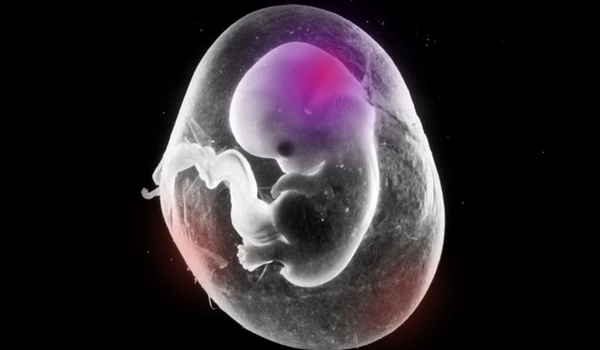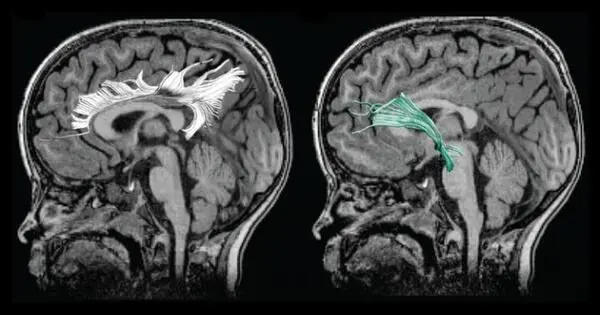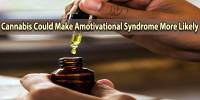Depression that develops during or after pregnancy is referred to as a perinatal depression. Mild to severe symptoms can be present. Rarely, the symptoms might be so bad that they endanger both the mother’s and the baby’s health. Depression during pregnancy can be treated. This pamphlet explains how you or a loved one can obtain help and the warning signs and symptoms of perinatal depression.
Altered brain connectivity may be one-way prenatal depression influences child behavior, according to new research in JNeurosci. Up to one-fifth of women experience depression symptoms during pregnancy, with unknown effects on the fetus. Prenatal depression is correlated with behavioral and developmental issues in the child, as well as an increased risk of developing depression at age 18. But how prenatal depression leads to these changes remains unclear.
Greater prenatal depression symptoms were associated with weaker white matter connections between brain regions involved in emotional processing. This change could lead to dysregulated emotional states in the children and may explain why the children of depressed mothers have a higher risk of developing depression themselves.
Hay et al. studied 54 mother/child pairs. Mothers answered a survey about their depression symptoms at several points during their pregnancy. The research team employed diffusion MRI, an imaging technique that reveals the strength of structural connections between brain regions, to examine the children’s white matter.
Perinatal depression is a medical condition that can affect any mother, regardless of age, race, income, culture, or education. Perinatal depression is not the fault of women; it is not caused by anything a mother does or does not do. There is no single cause of perinatal depression.
Perinatal depression appears to be caused by a combination of genetic and environmental factors, according to research. Life stress (for example, work demands or past trauma experiences), the physical and emotional demands of childbearing and caring for a new baby, and hormonal changes during and after pregnancy can all contribute to the development of perinatal depression.

Greater prenatal depression symptoms were associated with weaker white matter connections between brain regions involved in emotional processing. This change could lead to dysregulated emotional states in the children and may explain why the children of depressed mothers have a higher risk of developing depression themselves.
The weakened white matter was associated with increased aggression and hyperactivity in the male children. These findings highlight the need for better prenatal care to recognize and treat prenatal depression in order to support the mother and the child’s development.
Perinatal depression is a mood disorder that can affect women both during and after pregnancy. The term “perinatal” refers to the period preceding and following the birth of a child. Perinatal depression encompasses both depression that develops during pregnancy (known as prenatal depression) and depression that develops after the baby is born (called postpartum depression). Perinatal depression causes extreme sadness, anxiety, and fatigue in mothers, making it difficult for them to carry out daily tasks such as caring for themselves or others.
















